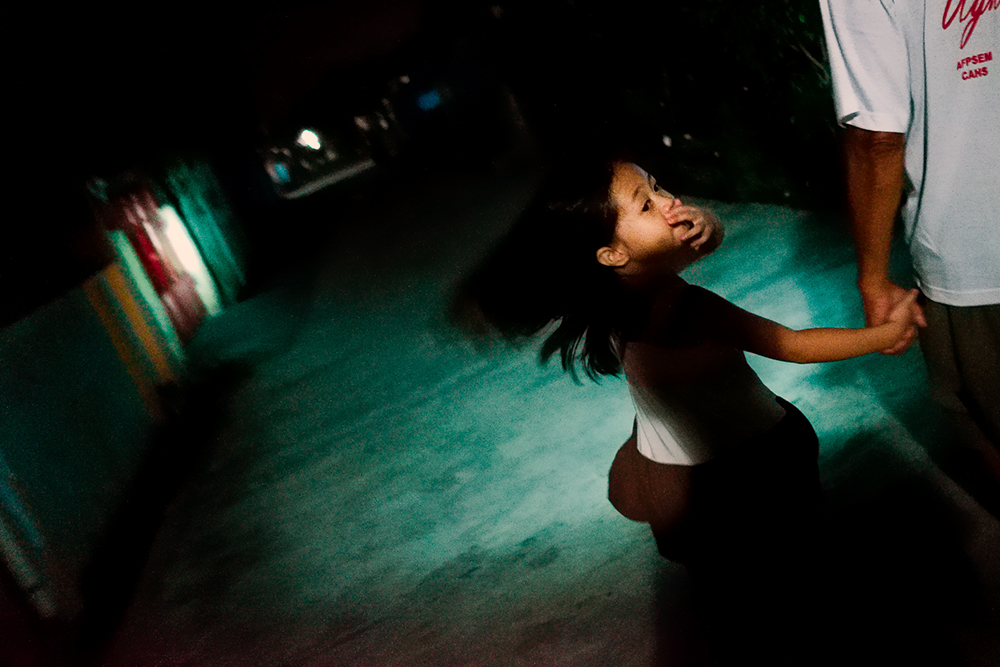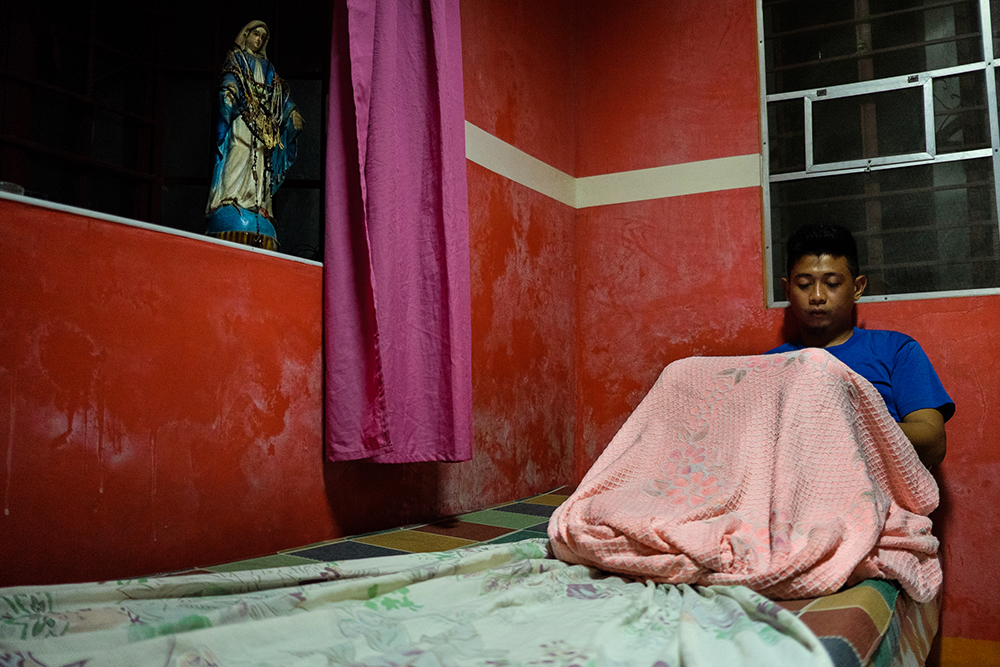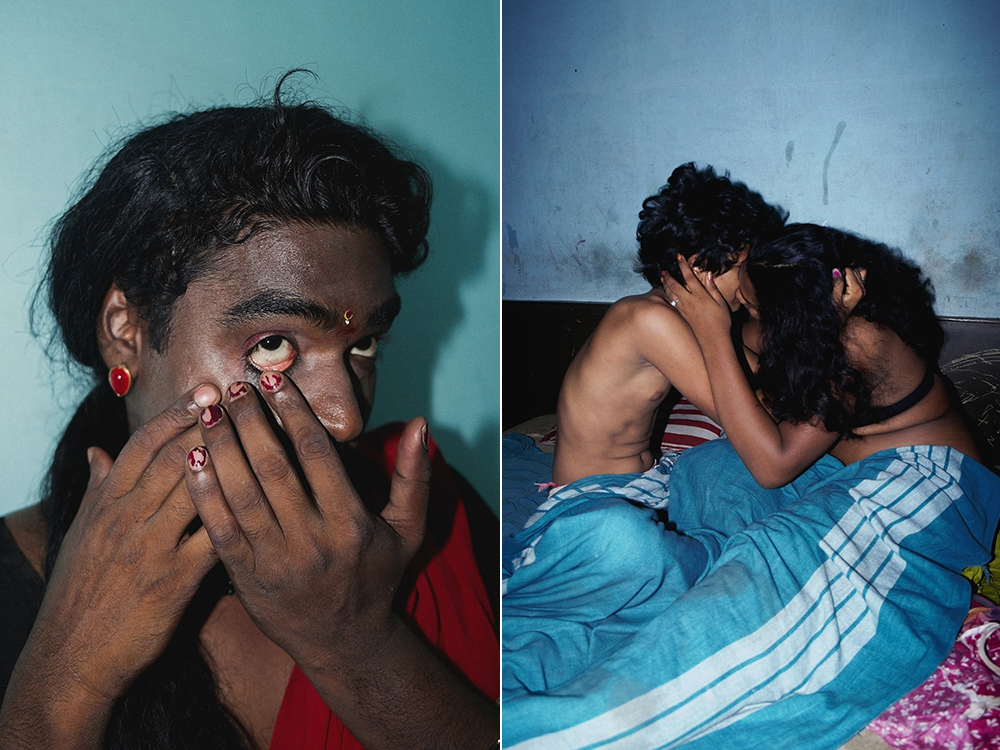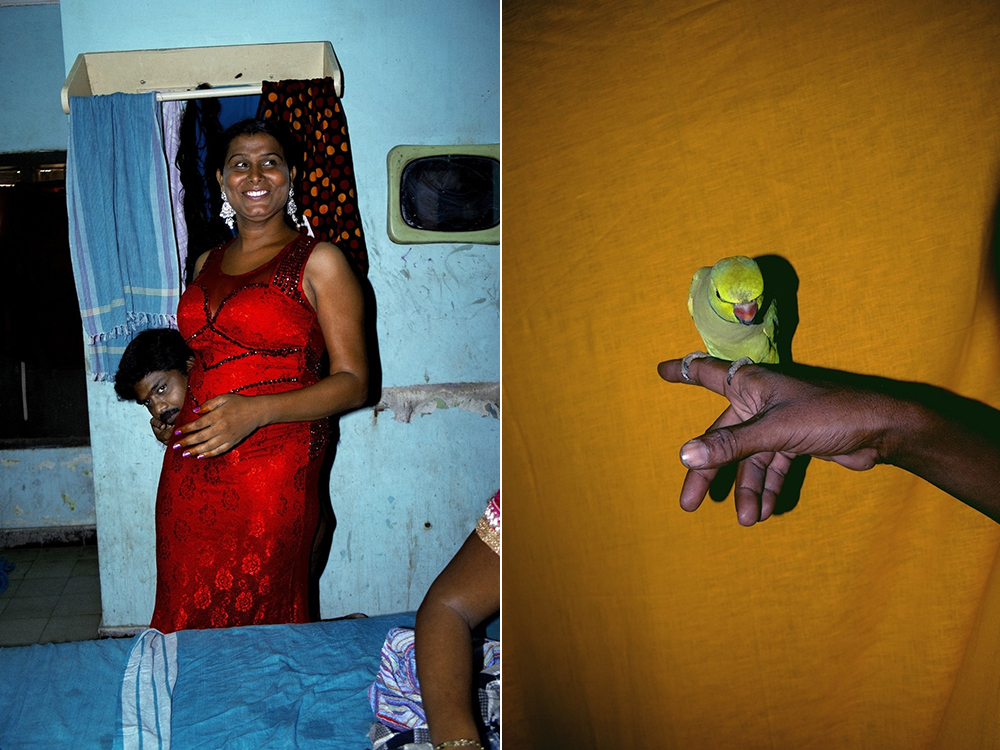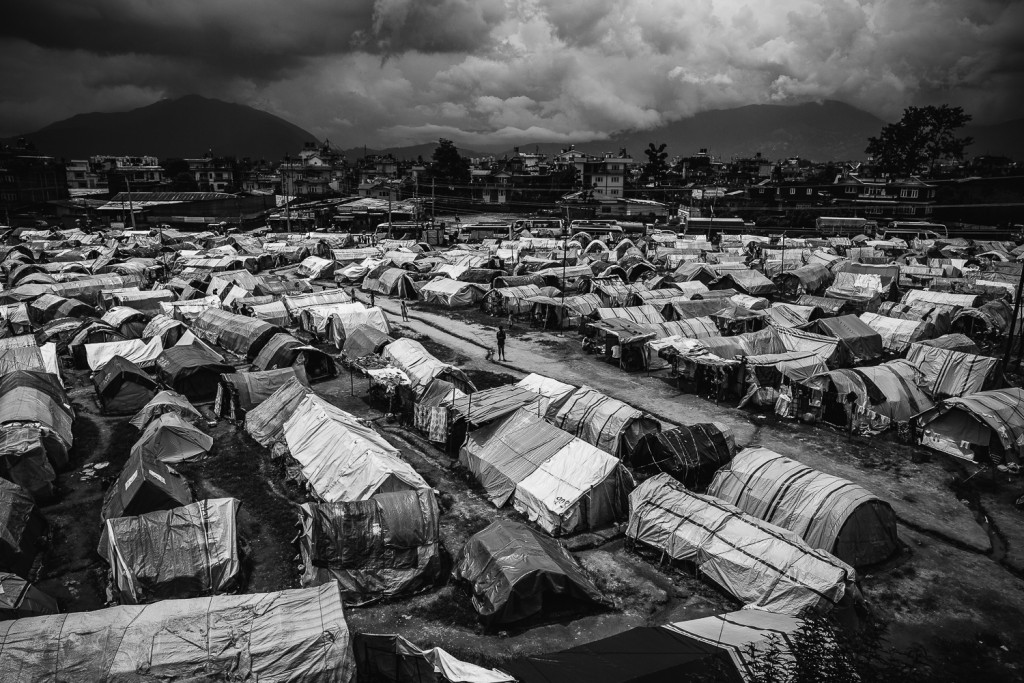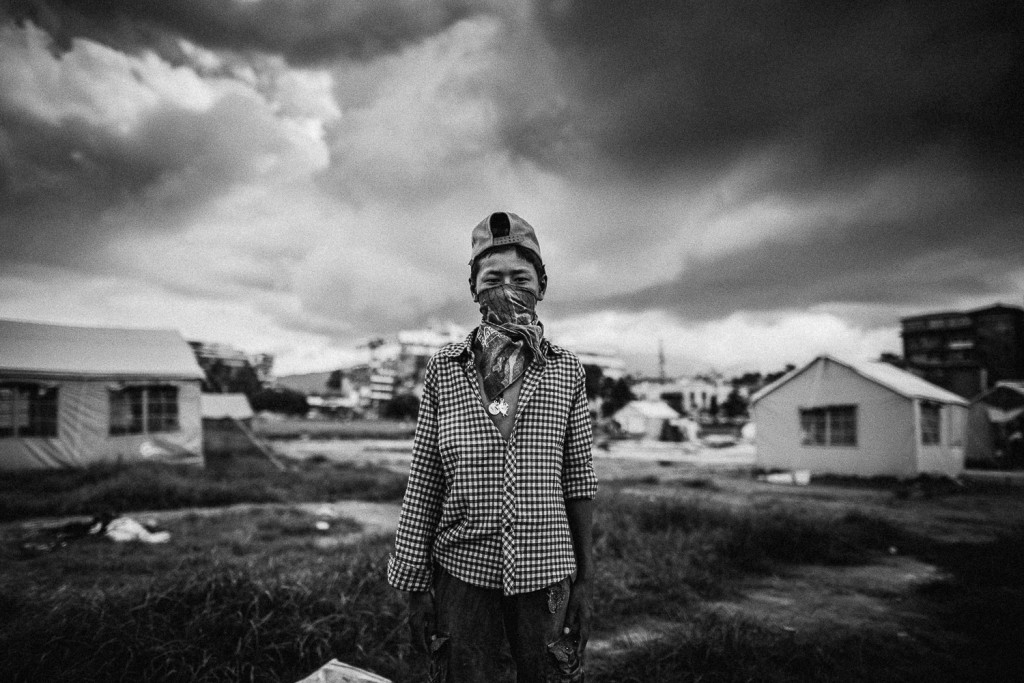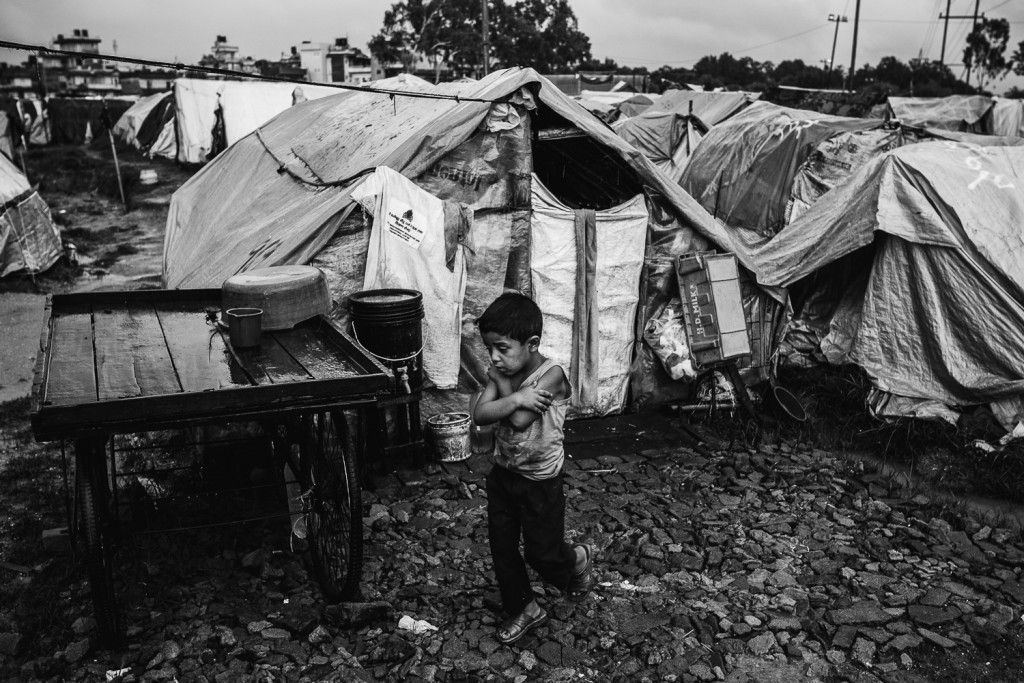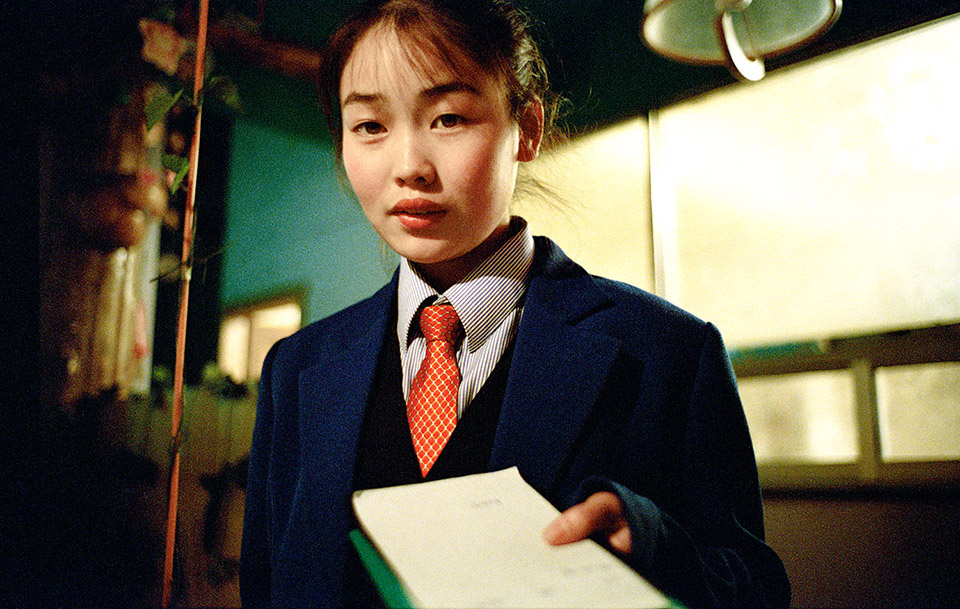
As a young photographer in search of his identity Ian Teh traveled to the hinterlands of China. It was 1999 and the country was celebrating its 50th anniversary as a Communist nation with much fanfare. Under the leadership of then-President Jiang Zemin, there was a renewed commitment to Deng Xiaoping’s program of economic reforms. Capitalistic growth would skyrocket in the coming decade. From long travels among industrial towns, Teh intuited that the country lay on the cusp of immense change. So he made a promise to himself — to keep returning to these spaces that were to become the source of China’s global power.
15 years later, the promise has been kept. As China has sashayed onto the world stage with great aplomb, Teh has become part of a small group of photographers, writers, journalists and artists that have traveled and lived far beyond the lights of Shanghai and Beijing and have attempted to capture the daily lives of those fueling China’s “growth” story.
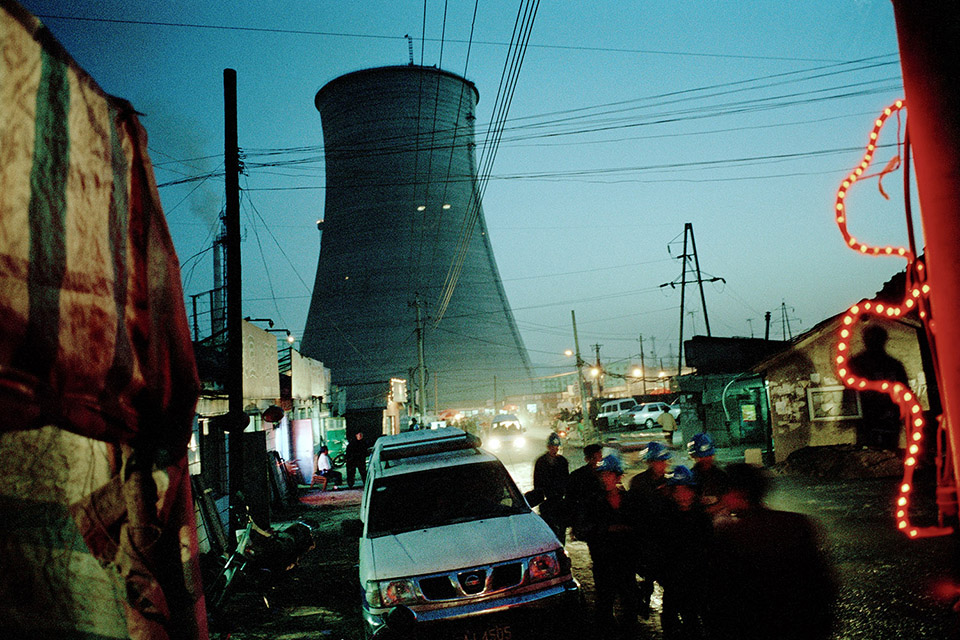
He has published two monographs on China — Undercurrents (2008) and Traces (2011). His approach has changed dramatically between the two bodies of work. From a raw and visceral vision showing chance encounters and rambling journeys, he has moved to a more formal aesthetic using large static panoramas to capture landscapes that are primarily sites of environmental erosion and industrial invasion. His use of colour has remained unfailingly subtle — a palette of pastels that was far ahead of his time when he first began to work with it.
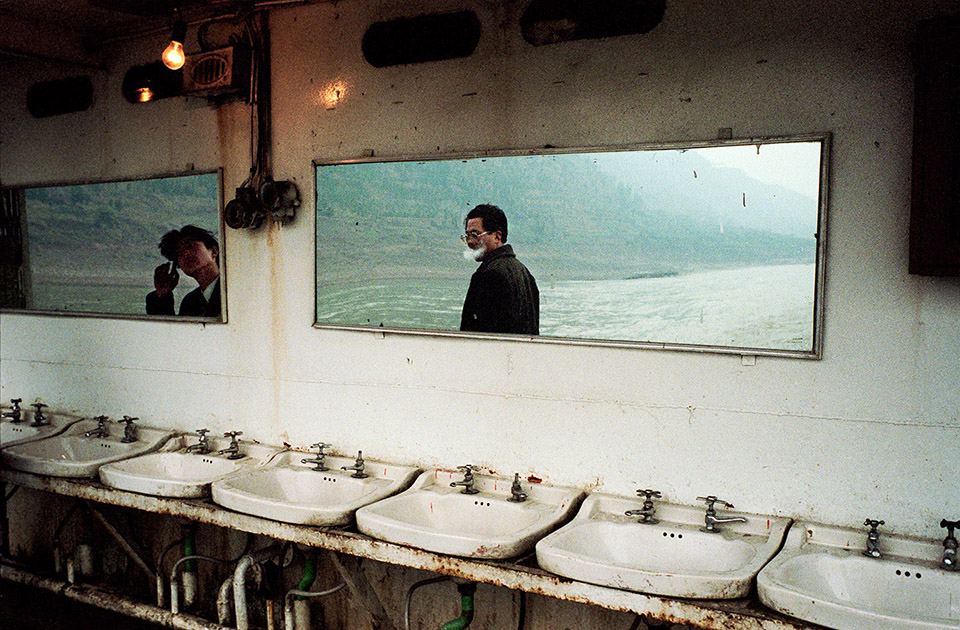
Alisha Sett sat down with Teh to discuss his evolution across two decades. Read the interview and see more pictures on OBSCURA, Malaysia’s premier photography festival website:
http://www.obscurafestival.com/2015/interview-ian-teh/
Ian Teh has received several honours, including the Abigail Cohen Fellowship in Documentary Photography and the Emergency Fund from the Magnum Foundation. In 2013 he was elected by the Open Society Foundations to exhibit in New York at the Moving Walls Exhibition. Teh is a member of Agence, VU in Europe and is also represented by Panos Pictures in the UK and outside of the continent.
